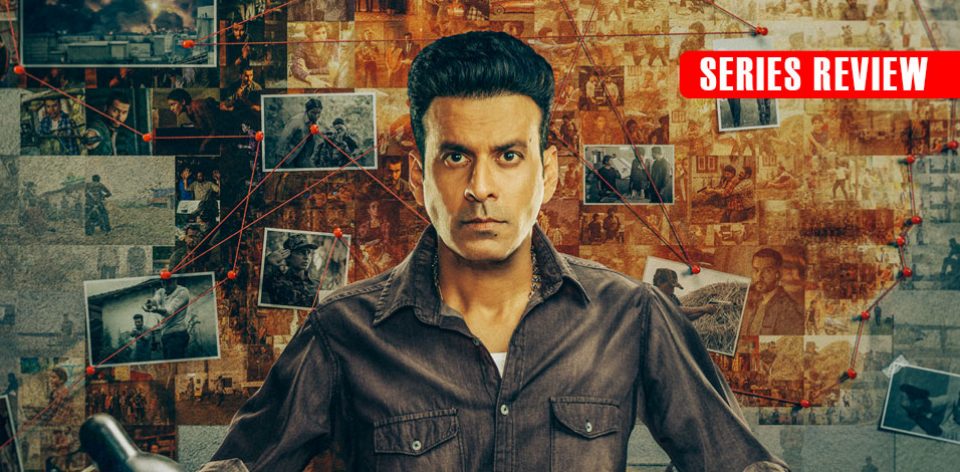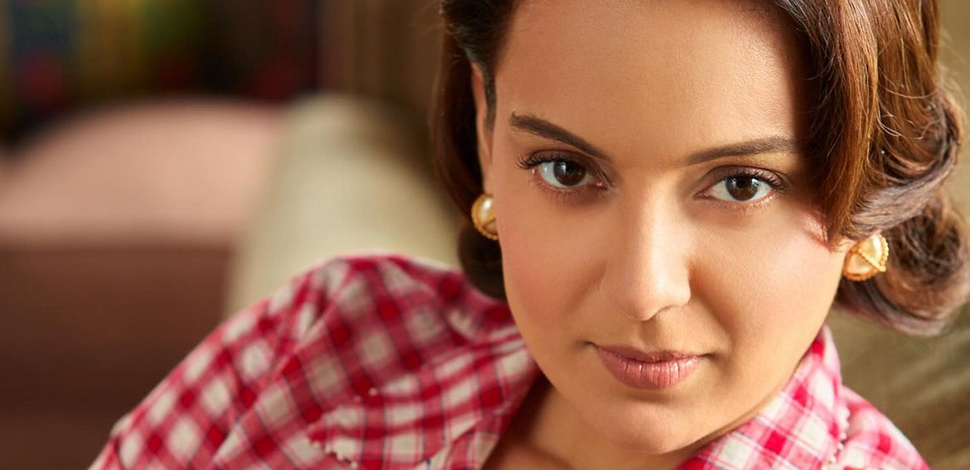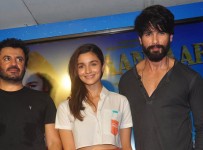When it comes to storytelling, my liking lies on the simplistic end of a spectrum. I prefer meaningful stories rather than loud action films that make you question the law of physics. I like watching sequences with one long shot over those with multiple cuts that might force you to shake your head. I prefer a script that subtly conveys its points via intelligent storytelling rather than spoon-feed the film’s rationale through unnecessary narration.For these reasons (and many others), I thoroughly enjoyed season 2 of The Family Man on Amazon Prime.
After living a tumultuous life of a secret agent in the fictional Threat Analysis and Surveillance Cell (TASC), which is a part of India’s National Investigation Agency (NIA) in Season 1, Srikant Tiwari (Manoj Bajpayee) bids adieu to his former life and joins a regular 9-5 job in Season 2. While his decision to make a career switch was to help his failing marriage, it does not pan out that way. Additionally, the growing tension between the Tamil Eezham struggle in Sri Lanka, led by the LTTE leader Captain Prabhakaran (Mime Gopi), is causing political unrest that attracts unfavorable attention from ISI agents. As the LTTE leader joins hands with ISI agents, a national threat looms over India with the possibility of an attack on the Indian Prime Minister Basu (Seema Biswas). As season 2 progresses, we see a beautifully intricate screenplay coupled with a plethora of fine actors backed by quality technicians that elevate storytelling to a top-notch viewing experience.
Not many people know, but Manoj Bajpayee wasn’t the first choice to play Srikant Tiwari. The creator of the show had approached Akshaye Khanna to play the lead for this series. However, due to budget constraints, Akshaye Khanna had to be replaced by Manoj Bajpayee. I think that is by far the best thing that could have happened to this franchise (I mean no disrespect to Akshaye Khanna). Bajpayee personifies a typical middle-class Indian man who just can’t comprehend the nuisance of modern life and its pop culture references. Be it going to a marriage counselor, discussing their sex life or knowing the term ‘feminazi’ – Bajpayee is often dumbfounded at various aspects of life except for when he has to catch dreaded terrorists. His expression and body language are on point. So much so that you almost feel his painful frustration in a scene wherein he calls his wife, Suchitra “Suchi” Iyer (Priyamani), only to hang up a few seconds later.
On the other hand, Suchi is at a crossroad in her life in which she doesn’t know where her loyalties lie. Should she live life on her own terms or accept that every relationship has its own set of challenges?! Priyamani plays the istraught individual up to perfection. Her use of angst to showcase her frustration is nothing short of magnificent. Speaking of magnificent, I don’t think words can do justice to the masterful performance of Samantha Akkineni. She plays the role of Raji, a rebel soldier representing the LTTE. Making her digital OTT debut, Samantha is often seen with a stoic expression, only to change her expression moments before she is about to react to something. I feel most commercial actors don’t understand the value of such subtlety in acting.
I can’t not applaud Sharib Hashmi’s performance, who plays the role of Jayavant Kasinath “JK” Talpade, who is Bajpayee’s most trusted friend and work colleague. From a small uncredited role in Slumdog Millionaire, Hashmi has come a long-way and I genuinely believe he is an underrated actor. His comedic tete-a-tete discussion with Bajpayee, Ravindra Vijay, and Devadarshini Chetan gives us a few memorable moments of this series. I would like to give a loud shout-out to Ashlesha Thakur (Dhriti) and Vedant Sinha (Atharva). They deliver outstanding performances as Bajpayee and Priyamani’s kids. These young actors definitely have a bright future.
Coming to the technicalities, this series had three long shots (>5 mins) that can only be described as trademark shots by Raj & DK (the creators of the show). All three sequences are action sequences with more than 50 actors moving in a beautifully choreographed sequence, making it almost impossible for the viewer to not marvel at this cinematic brilliance. This brilliance has been captured by cinematographers Nigam Bomza, Azim Moollan, and Cameron Bryson. Additionally, I also loved the background score composed by Ketan Sodha, Sachin Sanghvi, and Divya Limbasia that complimented the series and its various moods throughout.
The civil war between LTTE and the Sri Lankan government has caused countless deaths over the years. Despite the horrific facts, the creators have handled the above conflict in a well-thought-out and sensitive manner. In Season 1, they had painted Pakistani terrorists as blatantly negative. However, in Season 2, the LTTE rebels are not portrayed as terrorists. Instead, the viewers are made to empathize with Raji and other LTTE rebels. They are portrayed as individuals who have had horrific experiences forcing them to choose a certain way of life. For this very reason, Samantha Akkineni in an interview said that she doesn’t think her character is an antagonist. This is why the writing in Season 2 has helped elevate the show. Additionally, I also appreciated how the show’s creators addressed the common stereotypes around South India. In one scene, Ravindra Vijay clarifies that there is no such thing as South Indian food because there are five states in South India and that South India is more than ‘Yenna Raskala’ and ‘thambi.’
Lastly, I also want to point out the subtle parallels between Raji’s past and Dhriti’s character development and how it represents the existing mindsets we find among Indian women today. Raji embodies the part of society that has accepted that patriarchy is a way of life. Raji doesn’t mind taking abuse from Indian men. She even says, “If women started speaking out, all the men would be in jail.” In contrast, Dhriti represents the progressive mindset of women. She doesn’t accept male patriarchal injustice and fights against it to make her voice heard. Dhriti tells her boyfriend, “Do din aur natak chalta, toh main tumhe F#$% you bolti aur move on hojati.”
To conclude – The Family Man (Season 2) is one of the most entertaining sequels of an Indian television series. The finale gives us a preview of the third season; I can’t wait to see what’s in store and devour Tiwari and JK’s comedic volleys back and forth.
Reviewed by Puneet Ruparel






